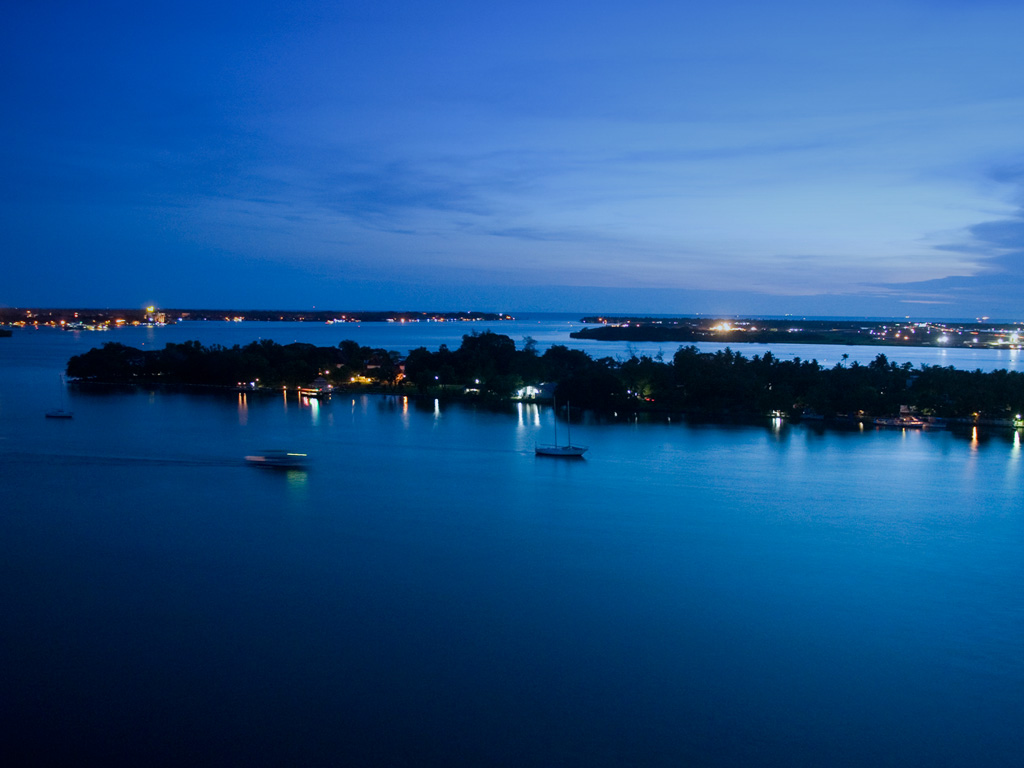Jews in Kochi
It is believed that Jewish history in Kerala dates back to 68 AD. Many Jews are believed to have migrated here following the Roman attack of the tabernacle in Jerusalem. The other theory is that the Jews came to Kerala when extensive trade relations were established between the Malabar Coast and the Middle East during the time of King Solomon. Whatever be the reason, we know for certain the their first settlement was in Crangannore, now known as Kodungallore.
There are historical evidences to show that the erstwhile rulers gave trading rights and concessions in the area to the Jewish merchant Joseph Rabban. Following Rabban’s death in the 11th century, a power struggle broke out among his sons which led to the break-up of the community. Many moved to Mattancherry, which went on to become a major Jewish settlement. A theory disputing this version says that it was the Portuguese invasion of Kodungallore that forced the Jews to move to Mattancherry where they were welcomed by the king of Kochi.
Various groupsThe Jews of Kochi comprise the Black Jews, the White Jews and the Meshuhrarim.
Black Jews, similar in appearance to the locals, are believed to be the descendents of the Jews who first came to Kerala. They were allowed to worship in the Pardesi Synagogue, but were not given full membership.
White Jews, allowed full membership in the synagogue, are recent descendents of European or Middle Eastern origin. While the Black Jews were mainly tradesmen and craftsmen, the White Jews belonged to the professional and merchant classes.
Meshuhrarim, the third group , were mainly freed slaves. They do not have any communal rights and are expected to sit on the floor or the steps outside while worshipping at the synagogue.
Growth and present status of JewsBy the 17th century, the Jews in Kerala had set up synagogues in Mattancherry, Ernakulam, Paravoor, Mala, Chendamangalam and Angamaly. They also built many mansions and buildings in Jew Town, many of which have now been converted to heritage hotels and offices. After the birth of the nation of Israel in 1948, the number of Jews in Kochi dwindled so much that, often, the weekly prayer service at the Synagogue cannot be conducted due to an inadequate number of male members.


